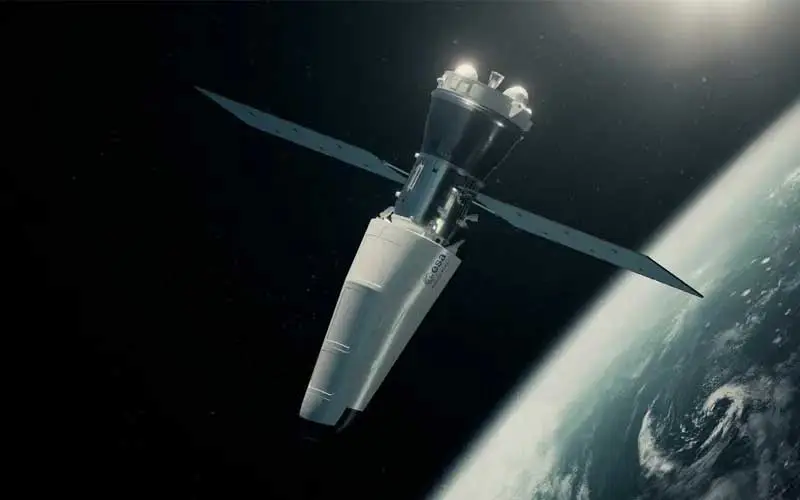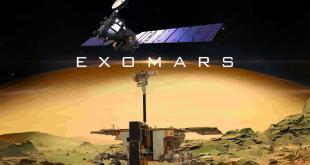
London, 27 December 2023.- Teams from Telespazio, ALTEC and Thales Alenia Space successfully completed the first System Validation Tests (SVTs) this week for the European Space Agency’s reusable Space Rider spacecraft. The ground segment tests aim to validate the interfaces between the ground and flight segment elements. This testing is a key aspect of the Space Rider Phase D activities which began last July.
Space Rider is an evolution of the IXV mission, which was launched on a suborbital test flight in February 2015. The vehicle is designed to carry payloads of up to 600 kilograms to and from orbit. The Service Module providing power and propulsion to the vehicle will be expendable, the 4.6 metre Re-entry module will be reusable and utilised for up to six missions lasting roughly two months each.
Thales Alenia Space is developing the Re-entry Module and Avio the Service Module. Telespazio and ALTEC were awarded contracts to manage the ground segment and operations for Space Rider in December 2020.
The initial SVT saw communication established between the Vehicle Control Centre located in the Space Centre in Fucino and the Re-entry Module Avionic Test Bench (ATB), which was located in a Thales Alenia Space facility in Turin.
All of the tests in this campaign were completed successfully bringing Space Rider one step closer to a maiden flight. ESA and its partners had been targeting late 2024 for the maiden flight of Space Rider. However its launch vehicle Vega C, is set to return to flight at the earliest in late 2024, which means Space Rider’s initial launch will likely be pushed into 2025.





